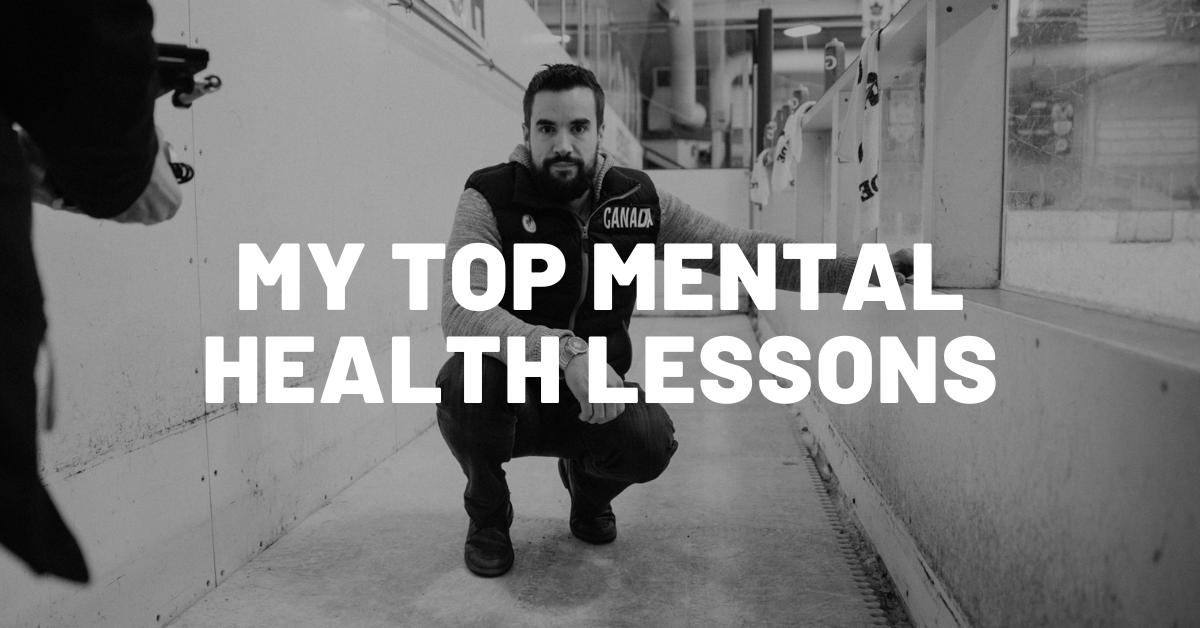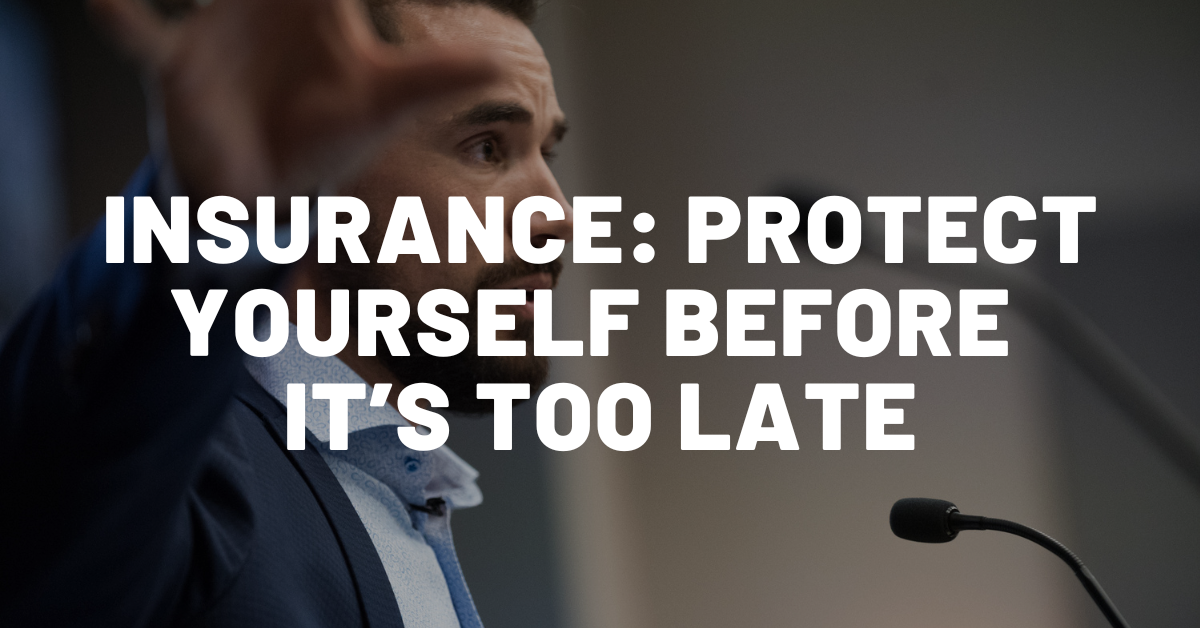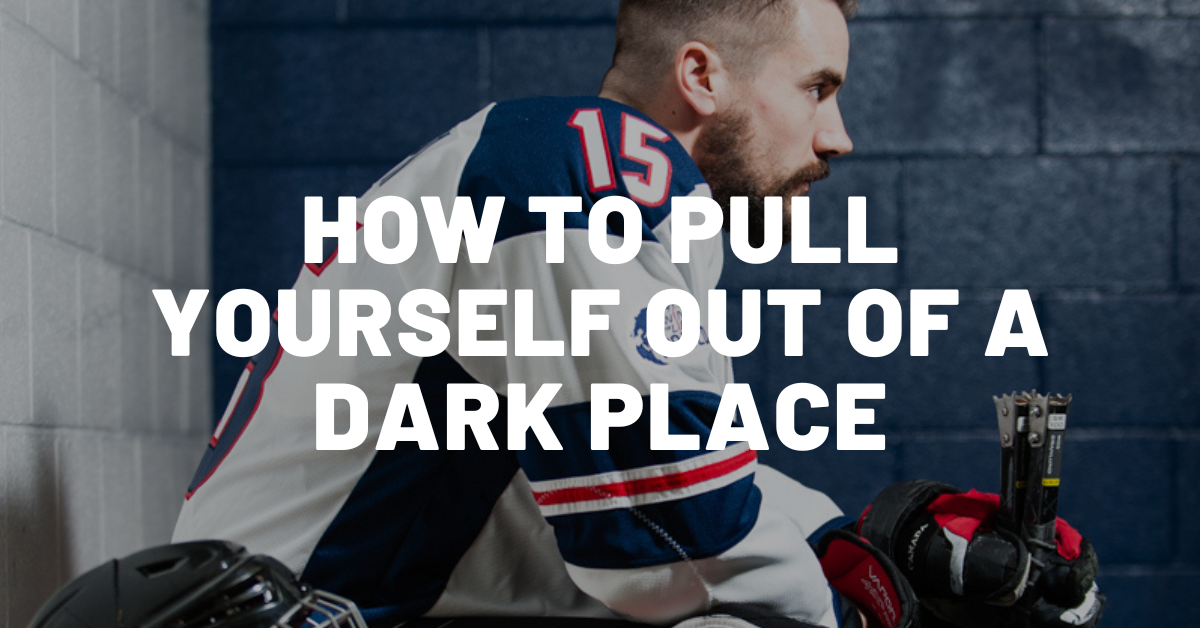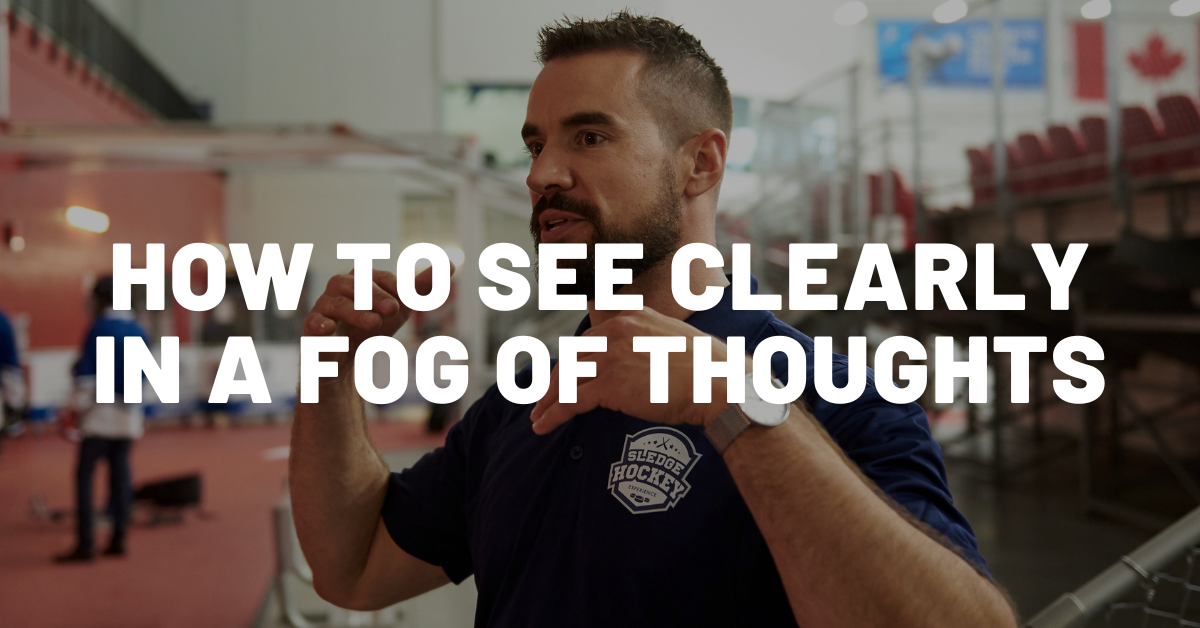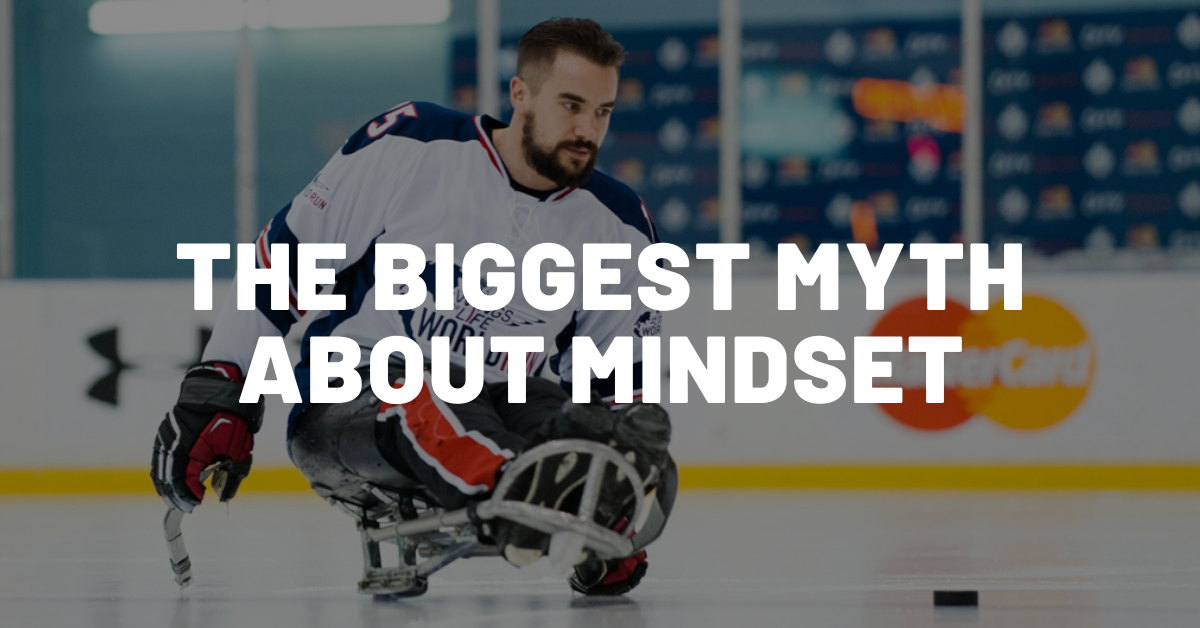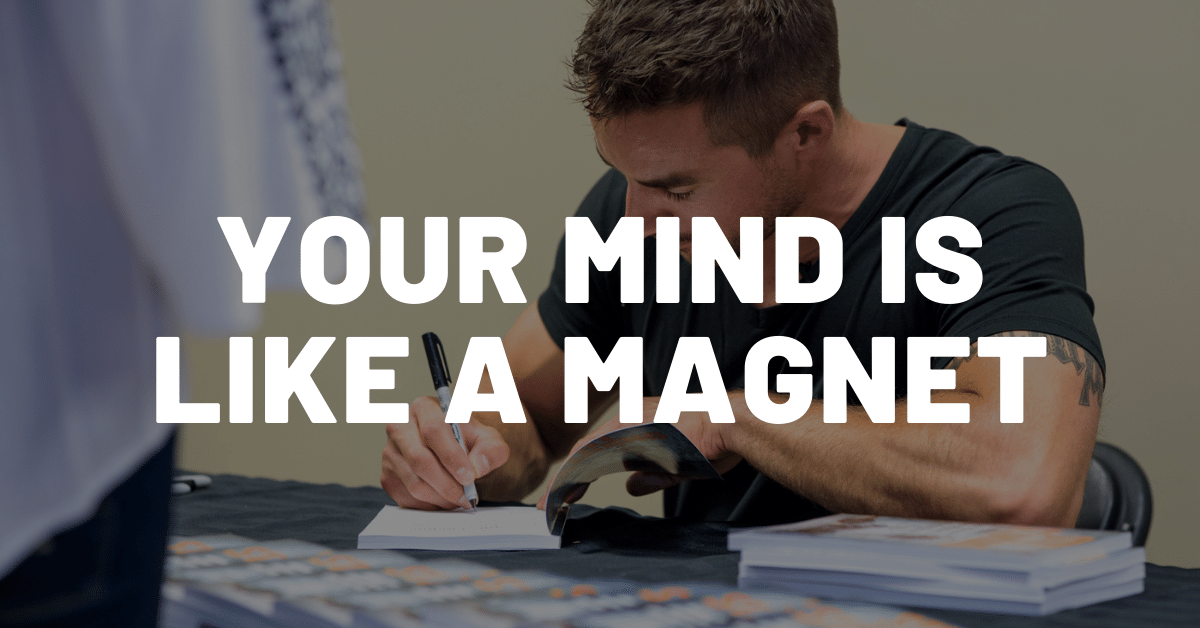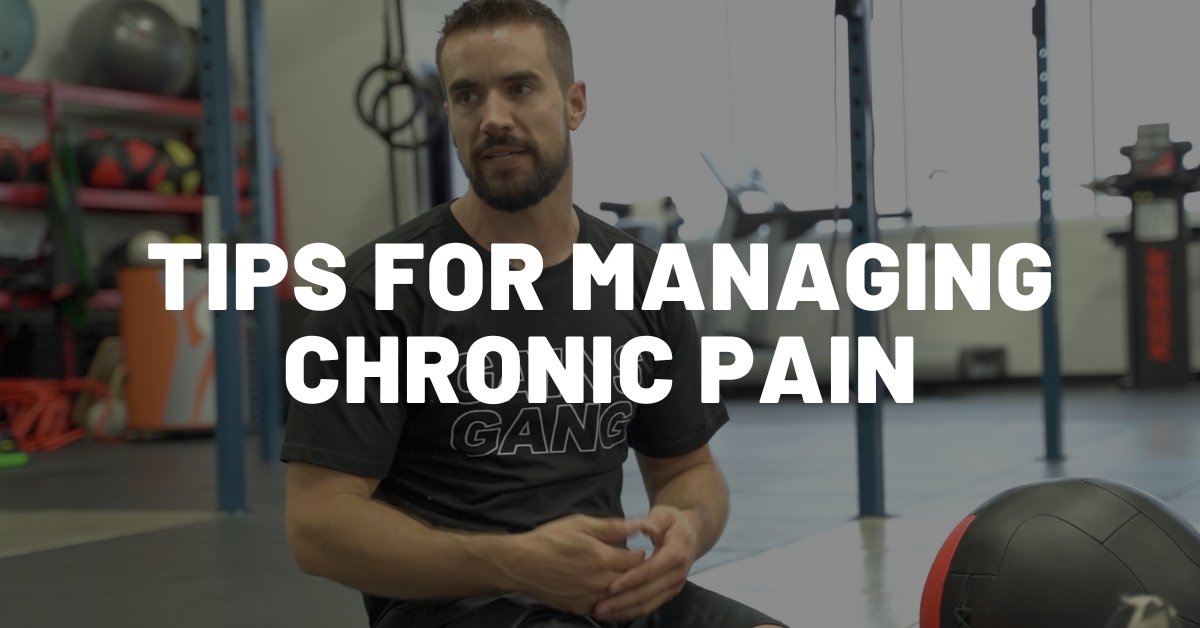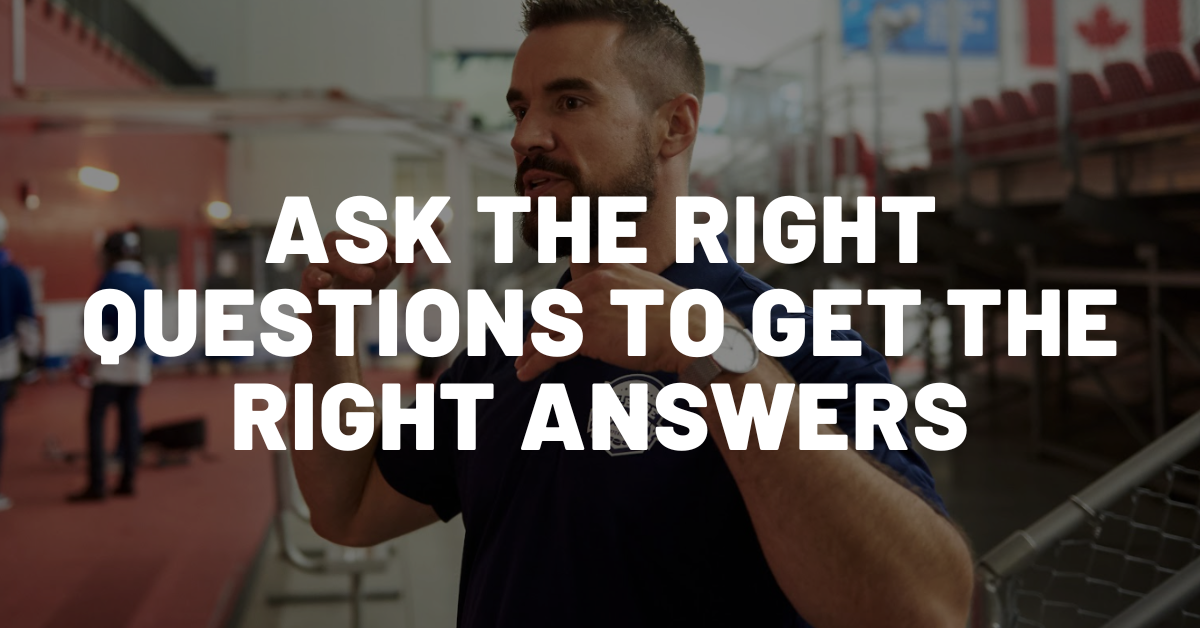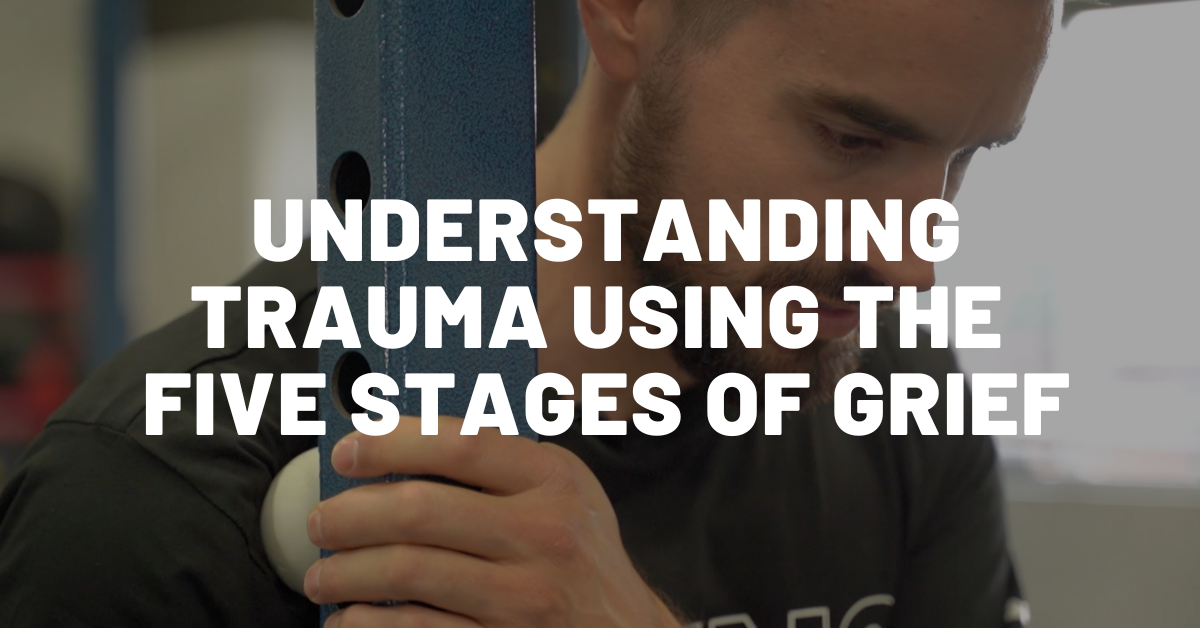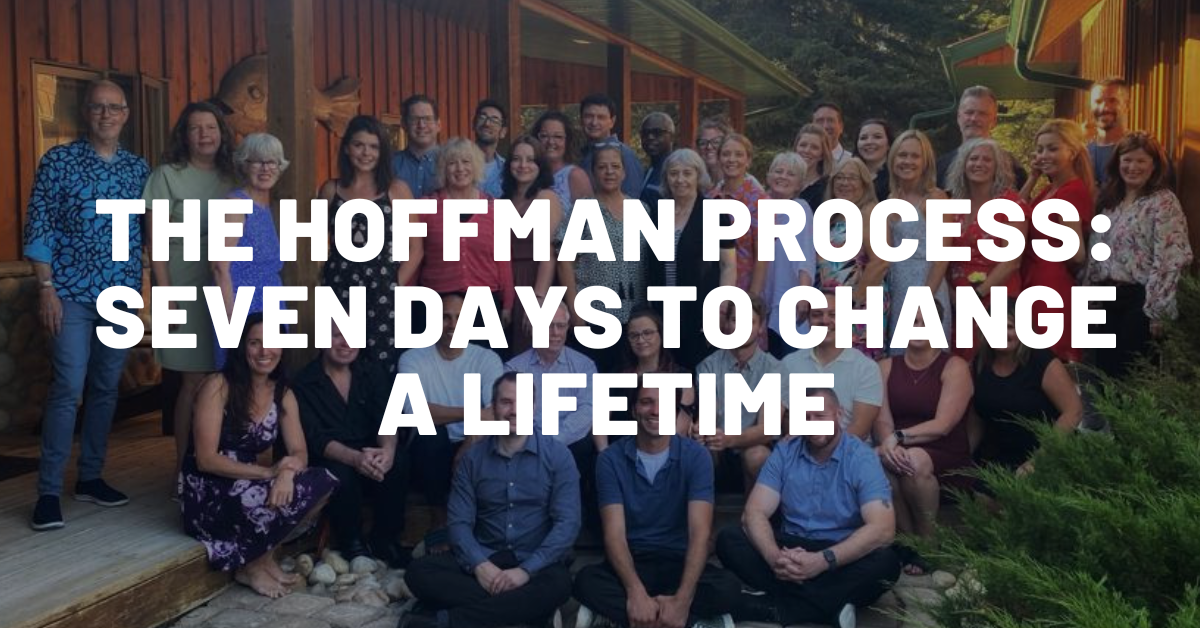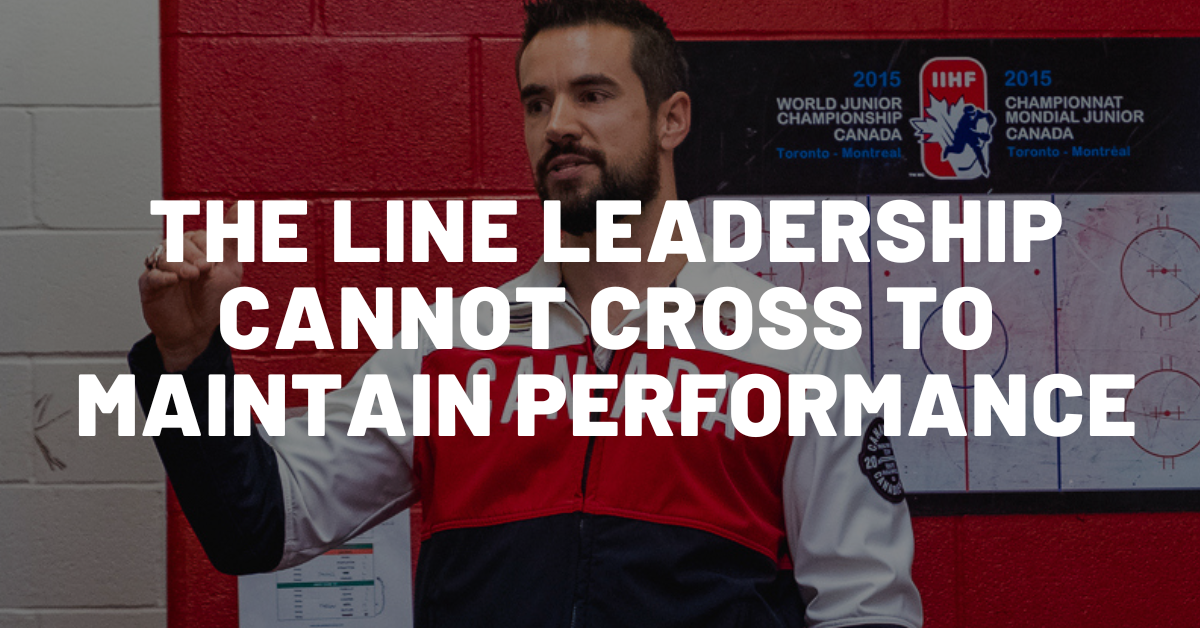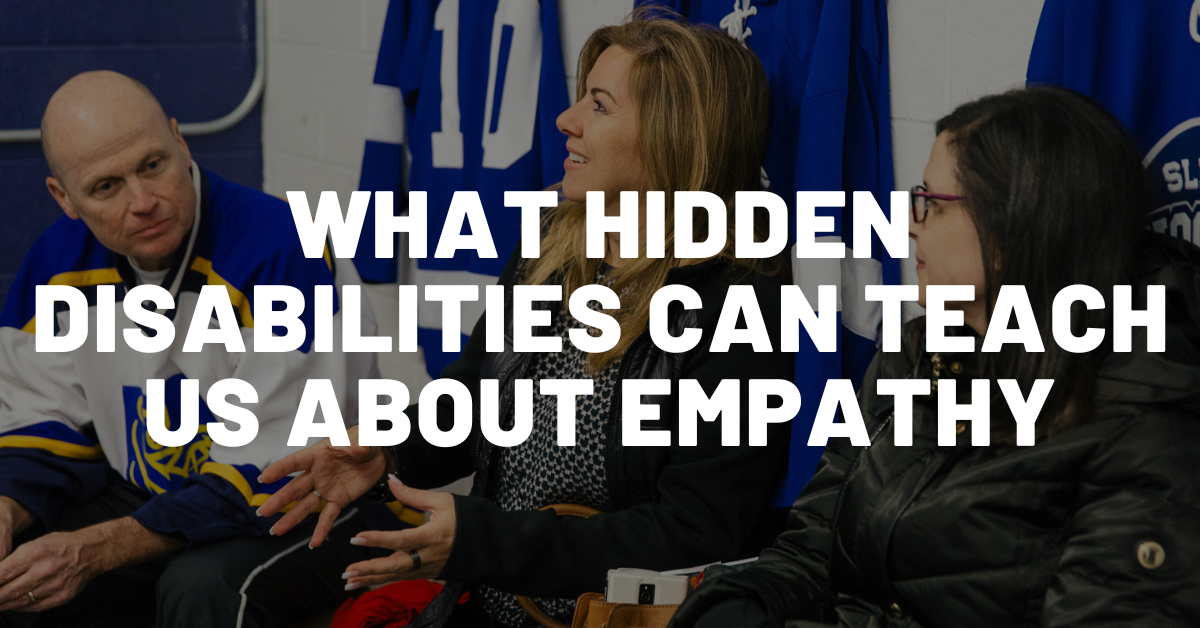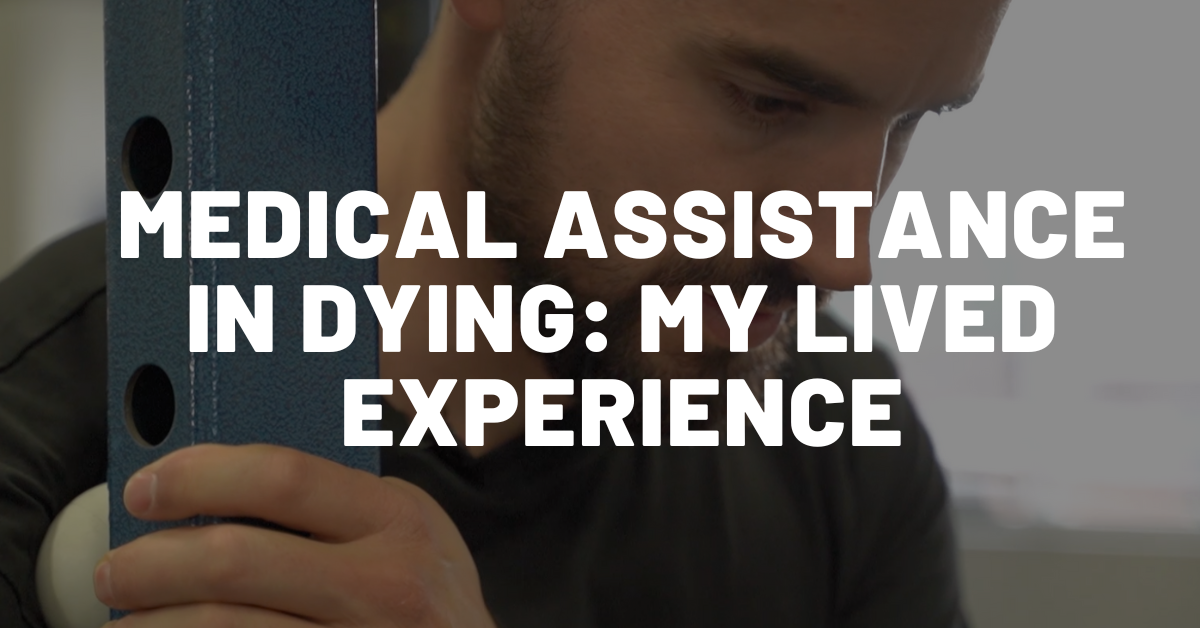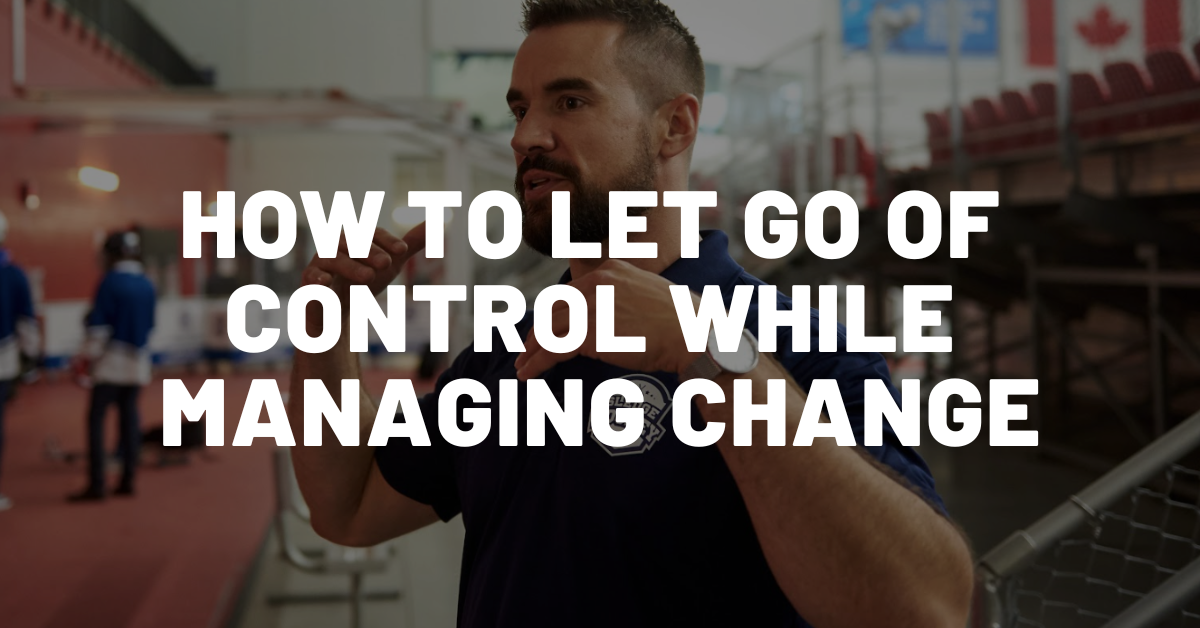After you have suffered from depression, suicidal thoughts, or are a survivor of suicide, one of the biggest challenges is staying out of that negative headspace. It’s very easy to fall back into a negative downward spiral.
I have encountered suicidal thoughts on three occasions, and fortunately I have never harmed myself. Each time I have found a way to speak positively to myself, even when it was the darkest. Now, and most importantly, I know how to recognize when I am falling in to a negative downward spiral by developing my self awareness.
This is not something I am amazing at, but is something that has served me well as I try to practice it on a regular basis. The more I can learn to be in tune with my mind and my body, the quicker I can catch myself falling into a negative mindset and reverse the process sooner.
After attending several events in 2018 about mental health in the workplace, one thing I noticed is there most of the discussion is around identifying our colleagues at work, our friends on a sports team, our classmates, your best friend, your spouse, and especially children.
While I certainly find a ton of value in the education we receive around those areas, after surviving suicidal thoughts myself and living through my father taking his own life, the most important person to focus on identifying I have found is yourself.
It is my belief that if we can all get better at identifying ourselves we can begin to individually attack mental health at the root of the problem.
How do you identify yourself, do you ask?
I believe it begins by paying attention to your mind and your body.
Let’s start with the body.
I live with an invisible disability, which is a spinal cord injury, yet I can still walk every day. What people don’t see is that I also suffer every single day from muscle spasms, fatigue, a neurogenic bowel and bladder, and pins and needles running through my legs and feet which never go away.
The blessing about my situation is that I basically have an internal alarm clock that goes off in my body when I am not getting enough exercise.
Poor nutrition means my digestion slows down, which starts to affect my cognitive ability. Lack of exercise will increase my spasms, making it harder to fall asleep at night. Walking then becomes more difficult as my gait is off, and I start walking on my tippy toes more than my heels causing lower back pain on a daily basis.
It’s frustrating, sure, but the more I start to pay attention to my body and notice when things are going south is always a sign that I need to “get something back on track”.
The more I focus on getting sleep, stretching every day, eating food that doesn’t slow my digestion, and exercise to keep my body loose and feeling good, the better my chances are of being in a great mental state.
It’s kind of like the phrase “Look good = feel good”, but more like “Feel good, physically = feel good mentally”.
What do you notice about your body that causes discomfort?
- Do you have a sore back? Perhaps your body is probably craving some stretching and exercise.
- Do you have sinus trouble? Maybe it’s time you give that diet a try and deal with those nagging food allergies.
- Do you have recurring headaches? Those long work hours will creep up on you and before you know it your mentally drained and permanently in a state of fatigue.
- Do you have trouble going to the bathroom? New eating habits and routines can improve your digestion?
Think about those for a minute. How does your body feel today? What nagging issues have you been putting off that bother you every single day? Where do you constantly ignore your health for work sake?
How can you change that? What do you need to look after? How can you start to get yourself back in to better physical condition, today?
Take those steps.
Now let’s take a look at the mind.
Have you ever caught yourself in a moment where you asked yourself “Why am I in such a bad mood right now?”.
I most certainly have. At first, you typically want to blame something or someone else for your bad mood or situation. But, when you become more mindful of why you are in that state, you can often chalk it up to some other area of your life that is spilling over.
For example, one day you are driving and if someone cuts you off — you think “Oh, no big deal! They must be having a bad day and I’m glad I’m not in a rush like they are.”
Then one day later someone cuts you off and you end up yelling in your vehicle the whole way to your appointment. Everything about everything makes you mad and it all started with someone changing lanes?
Or did it?
Same scenario. Two different days.
What’s different?
Those moments are when I find doing self-reflection to be most helpful.
Ask yourself questions like “Why am I so mad?”, “Why am I this upset?”, and “What is going on that caused me to be this way?”.
Likely there is a reason why you are edgy, and if you can identify that reason you can begin to deal with the problem at the root of the cause.
In the driving scenario, consider these steps.
- The first thing I would do is find a way to get some time and space to calm down. If you are driving, pull over into a parking lot or side of the road. If you are a work, excuse yourself to go to the washroom or go for a walk.
- Try taking some deep breaths. Inhale through your nose, then exhale through your mouth. Do this six times.
- Now stop and think.
Are you actually in a rush, or do you think you need to be? What’s the worst that can happen if you are late, really? Many times I will have found that by allowing myself to be late I relieved a ton of mental pressure and anxiety.
Why are you late? Were you short on time in the morning preparing? What time did you go to bed last night? Did you stay up late browsing social media? Do you need to have a conversation with your partner about your sleeping patterns, getting some space in bed? What area of your life needs some attention that could change the habits and behaviours that put you in stressful scenarios?
Most often I find I know why I am in a bad mental state, and it comes down to me accepting responsibility for my situation.
I run myself in to the ground.
I have bad habits that keep me up late.
I don’t schedule enough time in between appointments.
I need to learn how to ask for help more.
It’s in moments like this that help me be more self aware about why I am the way that I am, and why I am in the mood that I am in.
It’s giving yourself permission to “STOP” and take a break from all the chaos for a moment, and ask yourself some honest questions about why you are in the mental state that you are.
By practicing your self awareness like this, I believe that we can begin to attack our mental health challenges at the root of the cause. We all have the ability to do the hard work, and be the hero of our own movie.
— — — —
About Kevin Rempel:
Paralympian, keynote speaker, and founder of the corporate team building program, The Sledge Hockey Experience, I help people change their perspective about life and people with disabilities. Visit www.kevinrempel.com for more information.
—
Download your FREE copy of my autobiography, Still Standing: When You Have Every Reason to Give Up, Keep Going here.



